






Consciousness
Explaining the nature of consciousness is one of the most important and perplexing areas of philosophy, but the concept is notoriously ambiguous. The abstract noun “consciousness” is not frequently used by itself in the contemporary literature, but is originally derived from the Latin con (with) and scire (to know). Perhaps the most commonly used contemporary notion of a conscious mental state is captured by Thomas Nagel’s famous “what it is like” sense (Nagel 1974). When I am in a conscious mental state, there is something it is like for me to be in that state from the subjective or first-person point of view. But how are we to understand this? For instance, how is the conscious mental state related to the body? Can consciousness be explained in terms of brain activity? What makes a mental state be a conscious mental state? The problem of consciousness is arguably the most central issue in current philosophy of mind and is also importantly related to major traditional topics in metaphysics, such as the possibility of immortality and the belief in free will. This article focuses on Western theories and conceptions of consciousness, especially as found in contemporary analytic philosophy of mind.
Submitted by Ryan Castle on Sun, 10/18/2015 - 22:00
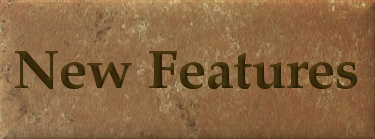
ISHAR has installed a new tab that showcases the most exciting tools and resources on the website! This section is set to coincide with the unveiling of ISHAR's new Integrative Culture wing and ISHAR's participation at the Parliament of the World's Religions. Whether you are a new visitor or a seasoned user, check out this page to see ISHAR's tools outlined and consolidated!
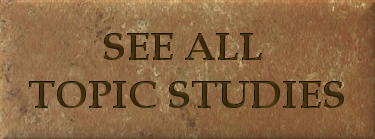
Hypnosis is a state of human consciousness involving focused attention and reduced peripheral awareness and an enhanced capacity for response to suggestion.[1] Theories explaining what occurs during hypnosis fall into two groups. Altered state theories see hypnosis as an altered state of mind or trance, marked by a level of awareness different from the ordinary conscious state.[2][3] In contrast, Non-state theories see hypnosis as a form of imaginative role-enactment.[4][5][6]
During hypnosis, a person is said to have heightened focus and concentration. The person can concentrate intensely on a specific thought or memory, while blocking out sources of distraction.[7] Hypnotised subjects are said to show an increased response to suggestions.[8] Hypnosis is usually induced by a procedure known as a hypnotic induction involving a series of preliminary instructions and suggestions.[1] The use of hypnotism for therapeutic purposes is referred to as "hypnotherapy", while its use as a form of entertainment for an audience is known as "stage hypnosis".
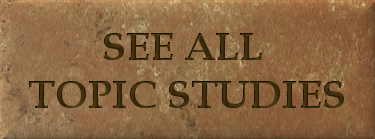
Trance, or Altered States of Consciousness, denotes any state of awareness or consciousness other than normal waking consciousness. Trance states may occur involuntarily and unbidden.
The term trance may be associated with hypnosis, meditation, magic, flow, and prayer. The earlier generic term, “altered states of consciousness” is also applicable, though the term “trance” is preferred in consciousness studies discourse.
Submitted by Ryan Castle on Tue, 10/06/2015 - 22:17
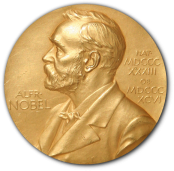 The 2015 Nobel Prize in Physiology or Medicine has gone to Youyou Tu, a researcher who spent her entire career researching traditional Chinese medicine. Based at the Chinese Academy of Traditional Chinese Medicine in Beijing (AKA the China Academy of Chinese Medical Sciences) since 1965, Dr. Tu received the Lasker Award in 2011 for her discovery of Artemisinin as an alternative malaria cure to the standard chloroquine, which was rapidly losing efficacy in the 1960s due to increasing drug-resistance. Research into the properties of traditional Chinese medicinals has been a controversial topic among Western medical scientists for many years, so this Nobel Prize is a dramatic indication of shifting attitudes towards previously dismissed Integrative Medicine. (See the ISHAR page on the topic HERE)
The 2015 Nobel Prize in Physiology or Medicine has gone to Youyou Tu, a researcher who spent her entire career researching traditional Chinese medicine. Based at the Chinese Academy of Traditional Chinese Medicine in Beijing (AKA the China Academy of Chinese Medical Sciences) since 1965, Dr. Tu received the Lasker Award in 2011 for her discovery of Artemisinin as an alternative malaria cure to the standard chloroquine, which was rapidly losing efficacy in the 1960s due to increasing drug-resistance. Research into the properties of traditional Chinese medicinals has been a controversial topic among Western medical scientists for many years, so this Nobel Prize is a dramatic indication of shifting attitudes towards previously dismissed Integrative Medicine. (See the ISHAR page on the topic HERE)
Submitted by Ryan Castle on Fri, 07/31/2015 - 00:51
 ISHAR is proud to roll out one of the largest and most comprehensive lists of peer-reviewed journals relating to complementary and alternative fields: the ISHAR Integrative Medicine Journal Portal! This link compilation has over a hundred journals linked (though unlike ISHAR, many require subscriptions) and offers dozens of detailed summaries of those journals that make their sources fully or partially available to the public. Our goal is not only to provide a massive collection of sources on our own, but to make it easier for visitors to find all the information that is available on a given subject. If we do not have it, we will help you find who does!
ISHAR is proud to roll out one of the largest and most comprehensive lists of peer-reviewed journals relating to complementary and alternative fields: the ISHAR Integrative Medicine Journal Portal! This link compilation has over a hundred journals linked (though unlike ISHAR, many require subscriptions) and offers dozens of detailed summaries of those journals that make their sources fully or partially available to the public. Our goal is not only to provide a massive collection of sources on our own, but to make it easier for visitors to find all the information that is available on a given subject. If we do not have it, we will help you find who does!
Submitted by Ryan Castle on Fri, 03/13/2015 - 11:09
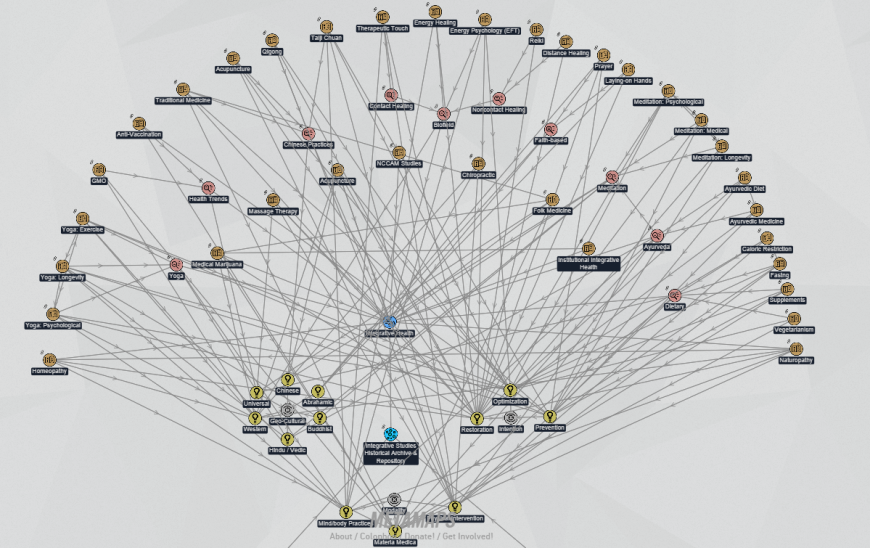
One of the problems with any list of data is its nonholistic nature. In this instance "holistic" is meant in the very literal sense of providing a complete picture of a subject's various parts in simultaneous relation to one another, a description of the whole in addition to the parts. ISHAR is working to address this issue by creating a comprehensive visual map of Integrative Studies subjects, showing their holistic relationships with each other and with a scientific framework describing modalities, intentions and geo-cultural heritage. This interactive navigation map is the first of its kind, and ISHAR is proud to provide a new paradigm for exploring Integrative Studies.
Read on to learn how to use the ISHAR Map:
Submitted by Ryan Castle on Sun, 02/08/2015 - 13:24
...it's because you haven't told us about it yet!
Submitted by Ryan Castle on Thu, 02/05/2015 - 16:22
Dear ISHAR Supporters,
A huge thank you for spreading the word about ISHAR and our launch! Our initial rollout was a great success, especially considering the website is not yet at full potential.
Pages